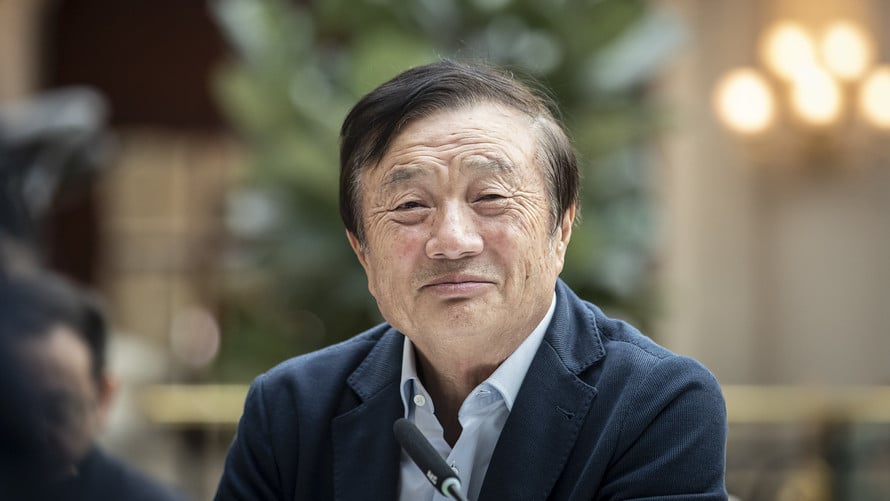In a recent interview, Ren Zhengfei, the Founder and CEO of Huawei Technologies, stated that the company’s proprietary OS will take no longer than 300 years to surpass Google’s Android or Apple’s iOS.
Huawei has been caught in the center of the trade tensions between the US and China. The Chinese tech giant faced various complications in the west after the US Commerce Department place the company on the “Entity List.” This banned Huawei from buying or selling products with US Based companies and also saw the OEM lose official support from Google. Since then, the company has been striving to make its own OS, HarmonyOS (HongMengOS in China), but it seems it is still lacking, according to the founder.

Despite the strict restrictions and regulations being imposed on the brand, Ren Zhengfei said that “We are not thinking of replacing US components. The US will always be our good friend.” As of right now, American companies with a special license to deal with Huawei are the only ones that can trade with the Chinese OEM. Notably, Yu Chengdong, the CEO of the Consumer Business Group of Huawei, also mentioned that the company had alternatives to US parts but are still using them “to maintain good relationships with its American suppliers.”
Editor’s Pick: Xiaomi announces Mi 10 Youth 5G in China with SD765G and 50x telephoto zoom camera
According to the Founder, HarmonyOS will take at least 300 years to trump its competition, which are the industry leading giants, iOS and Android. He further added that “It would be OK if we didn’t use US components, but what happens if consumers don’t buy our products. The operating systems of Android and Apple have enjoyed massive sales in the world as consumers have become accustomed to them. Huawei is a latecomer, so it would be very difficult to surpass the operating systems of Android and Apple.”

The CEO even mentioned the “friendly” relationship Huawei has with both Apple and Google, and in cooperation for the development of 5G networking in recent times. Another reason for Huawei to shift to completely locally sourced parts is the Coronavirus pandemic. The outbreak has caused various complications in the global supply chain and is even affecting economies worldwide. The senior executive believes that moving supply chains to local countries is a terrible decision since no one country can be totally self sufficient, just like a company and its sources.
UP NEXT: Xiaomi announces Mi 10 Youth 5G in China with SD765G and 50x telephoto zoom camera
(Via)







